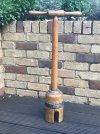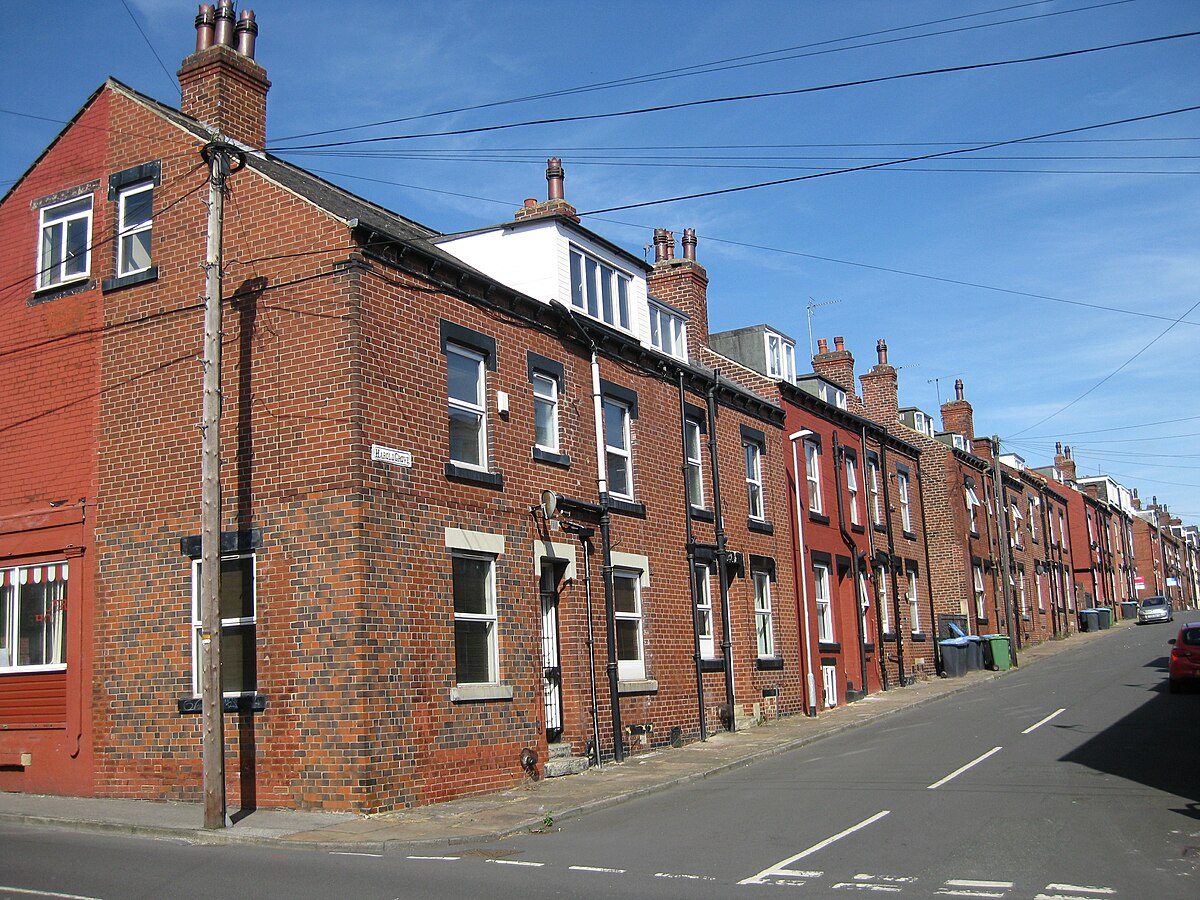Derek, I think our use of words may differ but what we are saying is similar. The fact that poverty was all round us if we had asked the residents "are you in poverty" how many would have said yes?
They may have said we are living "hand to mouth".
My father had good well-paid job, one of few families who had a car in the mid-fifties.
The kids I played with, nor the parents ever made any comment that our family were better off than most.
But we were kids playing in the street, on a wet days playing with lollypop sticks in the gutters. And had little thought of money.
The nice thing about the winter, was you could go up to the coal yard, for coal in a wheelbarrow and get sixpence to deliver it. At end of day had a few shillings in my pocket. To be asked by mom and dad where did you get that money from? Was able to buy some sweets.
You are correct poverty still exists and it's not going away, but it's not the poverty I remember from the fifties and sixties.
I'm proud of my background, it's made me the person I'm today.
Nick Phillips






